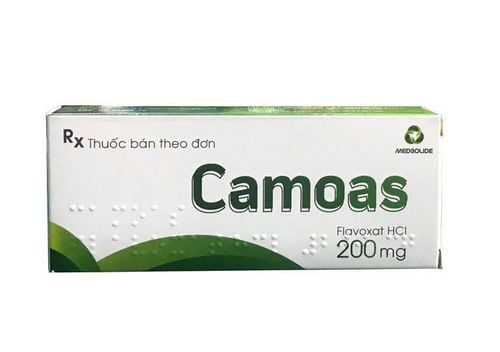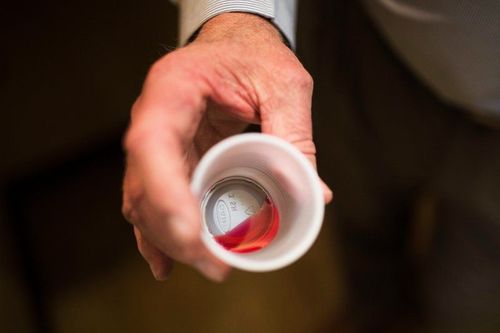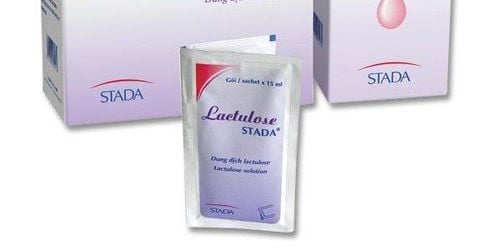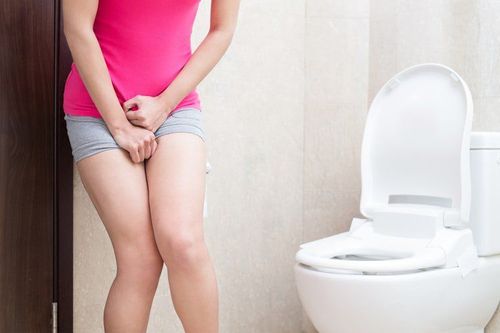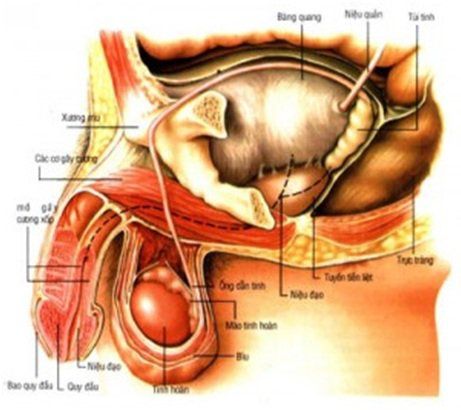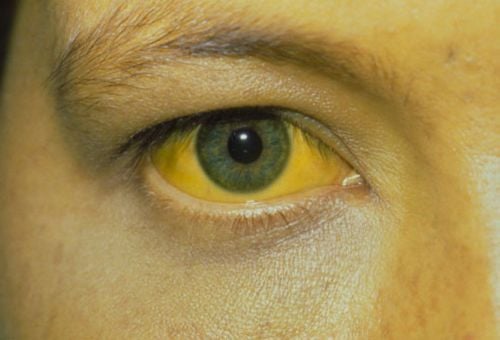This is an automatically translated article.
Urinary incontinence, also known as urinary incontinence, is a disease that shows the patient's loss of control in defecation or urination. In order to be effective in the treatment process, the patient needs to follow the doctor's instructions and at the same time apply rehabilitation exercises with physical therapy.1. What is a bowel disorder?
Urinating and defecating are very normal physiological needs of the human body. When having bowel and urinary disorders, patients will feel extremely uncomfortable and uncomfortable, greatly affecting their daily activities.
Urinating disorder is a state of loss of bladder control that causes the patient to have urinary incontinence, which can be no urination or the need to urinate many times a day, for those with urinary disorders, it is also very common. easy to leak urine when coughing or sneezing.
Disorders of defecation is a fairly common disorder that anyone can encounter in life, the patient will feel very uncomfortable because the bowel habits are changed, sometimes diarrhea, sometimes sometimes it's constipation, sometimes going to the toilet many times but still not feeling like defecating or feeling uncontrollable defecation, unable to go to the toilet in time. People with defecation disorders often have stools with fresh blood or mucus, which can be foamy, liquid, solid or crushed.
2. Causes of bowel disorders
There are many possible causes of bowel and urinary disorders in patients, in which, the most common are:
Due to age: When women enter menopause or older men, the more at high risk of disease. People who have had a hysterectomy Patients with prostate enlargement or prostate cancer Have urinary retention or neurological disorders Pregnant women: Due to hormonal changes in the body leading to urinary disorders convenient . Abuse of alcohol, caffeine, stimulants Use of antihypertensive drugs, antidepressants, cardiovascular drugs, muscle relaxants... Unscientific and reasonable eating habits
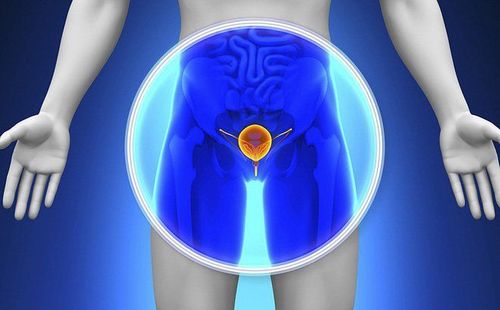
Phì đại tuyến tiền liệt là một trong các nguyên nhân gây rối loạn đại tiểu tiện
3. Manifestations of bowel and urinary disorders
Patients with urinary disorders often have very recognizable symptoms such as:
Urinary disorders:
Urinating: The patient will leak urine when there is a sudden increase in intra-abdominal pressure due to coughing, laughing, sneezing, or exercising or lifting heavy objects. Urination: A sudden feeling of needing to urinate, sometimes not going to the toilet, urinating many times, each time urinating very little, but after urinating, the urge to urinate again. Bedwetting: A condition in which urine is always released due to weak bladder contraction. Manifestations of bowel disorders:
Defecation becomes more difficult, sometimes less. Feeling sad but unable to go, easily confused with constipation Stool with mucus or bright color, sometimes liquid, sometimes solid , when crushed and with air bubbles. The patient has intermittent pain according to the colonic frame and colon area. In case the patient has a bowel disorder accompanied by symptoms such as fever, nausea, it may be a sign of stomach bleeding, colon polyps, colon cancer ... the patient needs to hurry up. Immediately go to the hospital for timely examination and treatment.
4. Treatment of bowel and urinary disorders with physiotherapy
To be able to effectively treat urinary disorders, it is necessary to find out the cause of the condition and combine many methods. Although not a dangerous disease, but bowel and urinary disorders can cause certain effects on the patient's life, so it is necessary to treat as soon as possible.
Currently, there is no cure for urinary disorders completely, drugs are used to help relieve symptoms or inject Botulinum toxine group A into the bladder wall to treat an enlarged bladder. active, in some cases, the doctor may prescribe surgery to suspend the bandage by TOT, TVT, artificial urethral sphincter, bladder hanging...
In addition, to improve the situation then patients need to try to change their behavior, lifestyle and physical therapy and rehabilitation.
Some exercises that the patient can apply include:
Bladder exercise This physical therapy exercise can be used alone or in combination with other methods such as electrical stimulation or behavior modification for the treatment of bowel disorders. Bladder exercises are well indicated in cases where the patient has difficulty controlling urinary urgency.
Exercise perineal muscles (Kegel exercises) This rehabilitation physical therapy exercise for people with urinary disorders helps to strengthen the urethral sphincter, lifting muscle group, and pelvic floor muscles to help control urinating, this perineal muscle exercise can be performed regularly anytime and anywhere.
Electrical stimulation This is a method of inserting electrodes into the patient's vagina or rectum to stimulate and strengthen the perineal muscle group, contributing to the improvement of exertional and acute urinary leakage. However, this rehabilitation method requires a long treatment period and is combined with methods such as behavioral changes, pelvic floor exercises.
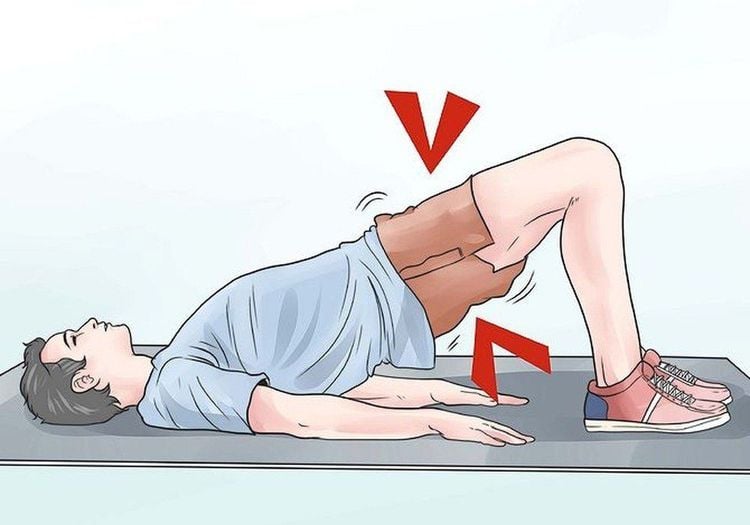
Tập cơ đáy chậu (bài tập Kegel) giúp làm khỏe nhóm cơ thắt niệu đạo, nhóm cơ nâng, cơ đáy chậu,...
Whether the treatment of urinary tract disorders with physical therapy is effective or not depends a lot on perseverance, coordination measures, how the patient exercises and a reputable medical address with a team of doctors. Highly qualified and experienced doctor.
Unit of Regenerative Medicine Clinic and Educational Psychology of the Center for Regenerative Medicine, Vinmec Times City International General Hospital is one of the prestigious addresses in the treatment of urinary disorders with physical therapy. Whether.
Not only owns the most modern medical equipment (room for treatment of urinary tract disorders by pulse electricity, Biofeedback, anorectal pressure measurement room...) Education and training psychology also has a team of experienced, dedicated and passionate doctors and medical staff, including:
Master, Doctor Vu Duy Chinh: Over 17 years of experience in examining and treating diseases pathology specialized in Physiotherapy/Rehabilitation, especially pathology in the fields of: Neurology, Trauma and Pediatrics... Dr. Le Thu Huong : Nearly 5 years of experience in this specialty. Rehabilitation. In 2017, Dr. Huong obtained the degree of Resident Doctor of Rehabilitation. Doctor Bui Thi Hang: 8 years of experience in Pediatrics. In 2013, Dr. Hang obtained a resident doctor degree and a master's degree in pediatrics. If you have a need for consultation and examination at Vinmec Hospitals of the national health system, please book an appointment on the website for service.
Please dial HOTLINE for more information or register for an appointment HERE. Download MyVinmec app to make appointments faster and to manage your bookings easily.




